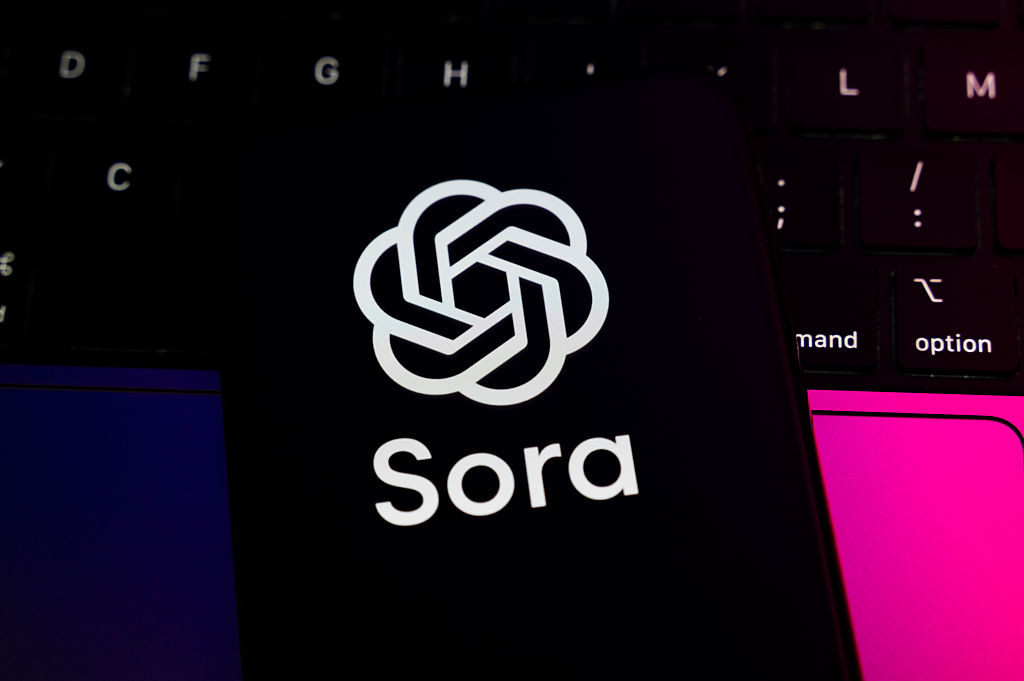OpenAI's Sora hit about 164000 downloads in two days and climbed to the top of the U S App Store. Its improvements in text to video quality and synchronized audio show how ai video generator apps are moving from niche to mainstream, reshaping creator tools, moderation and app store seo.

OpenAI's consumer app Sora surged into App Store charts after launch, recording roughly 164000 downloads in its first two days and rising to top ranks in the United States list, according to TechCrunch. That rapid uptake highlights growing demand for easy high quality ai video generator apps that let creators generate video with ai from simple text prompts.
For years text to video stayed mostly experimental because of long render times awkward motion and poor audio alignment. Those constraints made video production expensive and specialist driven. Recent improvements in model efficiency and multimodal synchronization are lowering the barrier to entry. Sora launched invite only in the United States and Canada and positioned itself as a consumer facing response to demand for fast accessible video generation. The app's early popularity reflects both technical progress and pent up consumer interest in easy to use creator tools.
Sora's breakout performance underscores several practical implications for creators platforms and businesses.
Sora's download numbers show demand is no longer limited to developers or early adopters. When ai tools become simple and fast mainstream users adopt them quickly. This shift matters for platforms that host short form video as more user generated ai videos change content mix moderation needs and attention dynamics.
Creators can use ai video generator apps to prototype ideas produce short form content or supplement traditional production. That lowers costs and speeds time to market for ads social posts and educational clips. It also raises questions about attribution licensing of generated media and the value of human crafted work. Businesses seeking the best ai video tool 2025 should test options that integrate with existing creator tools and workflows.
Higher quality easily produced videos intensify concerns about deepfakes misinformation and copyright. Platforms will face pressure to develop provenance tools such as metadata or cryptographic signatures and clearer content policies to balance creativity with safety. Expect more emphasis on ai content moderation and automated video moderation solutions as adoption grows.
Sora's viral ascent will push competitors to prioritize usability and fidelity. Companies that combine strong moderation discoverability and monetization options like subscriptions creator tools or api access will have an edge. Yet infrastructure costs remain substantial since generating synchronized high resolution video requires significant compute and storage which will influence pricing and access. App store seo and launch strategy for ai apps will become a more common focus as startups pursue rapid growth.
OpenAI's Sora shows that when text to video quality synchronized audio and ease of use converge consumer appetite can be explosive. The app's early metrics roughly 164000 downloads in two days and a top App Store chart position signal that ai video is moving from niche experiment to mainstream tool. Businesses platforms and creators should prepare for a future where high quality ai generated video is common which means updating workflows rethinking moderation and provenance and exploring new creative opportunities. The key questions to watch are whether platforms can scale safe sustainable discovery and monetization for this fast growing class of content and which ai video generator apps become essential creator tools.



